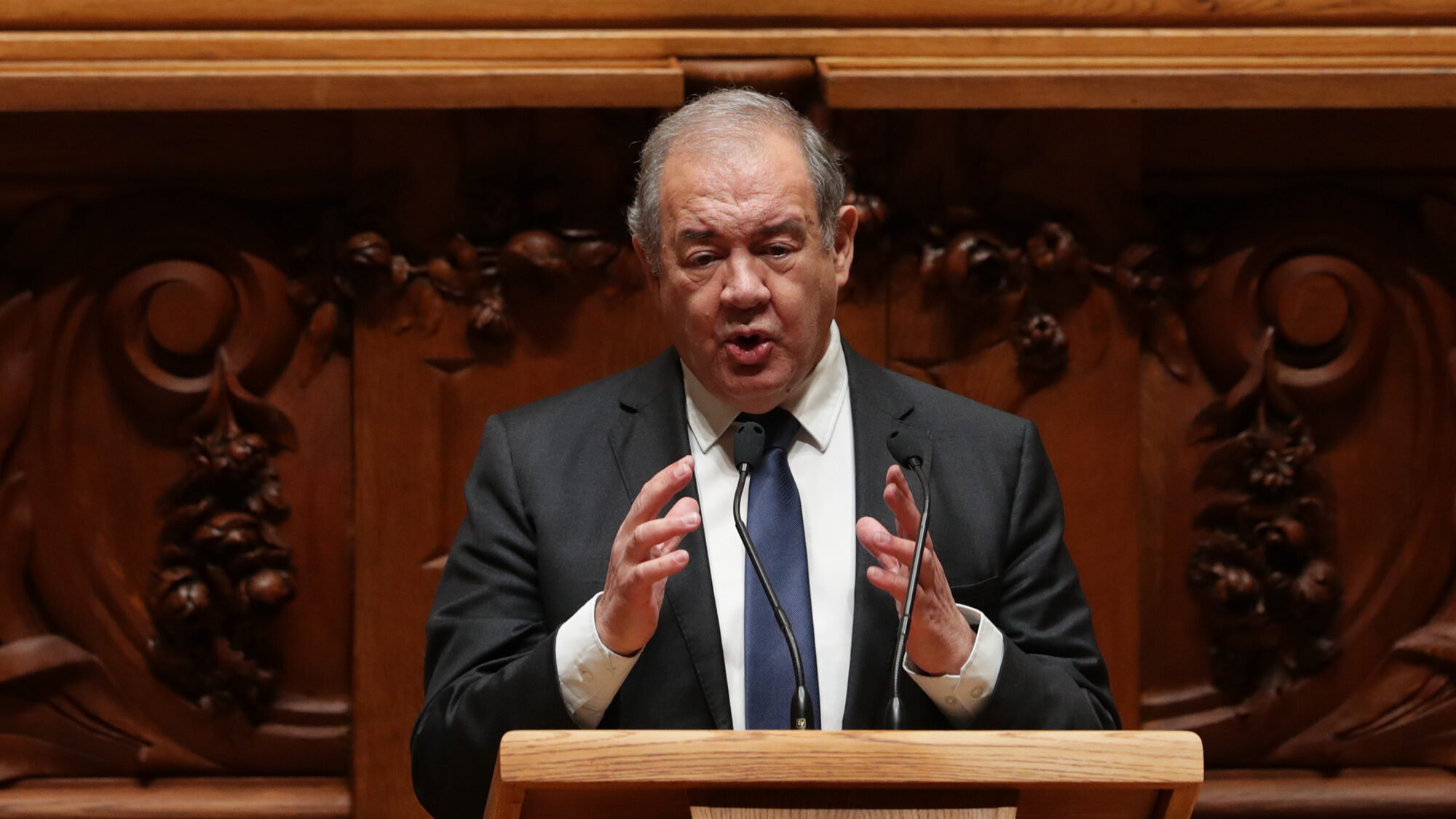‘We cannot always harass large companies’
The country's minister of economy said on Thursday that there should not be the habit of harassing large energy companies.
Portugal’s minister of economy said on Thursday that there should not be the habit of harassing large energy companies and rejected the idea of “demonising private initiative” with the mechanism to limit margins of petrol stations.
“The situation is difficult, and public opinion has to be calm and serene. We cannot have the habit of always going around harassing companies,” the economy and maritime affairs minister, António Costa Silva, said in response to Liberal Initiative (IL) member Carlos Guimarães Pinto on whether Galp’s profits, which soared to €155 million in the first quarter, had to do with abusive petrol company margins as a result of the lowering of the fuel tax.
Costa Silva is being heard in the Portuguese parliament as part of the discussion on the 2022 budget.
“I am not a supporter of micromanaging the economy. We have to be very careful concerning large companies. That is vital to me,” the ruler stressed.
Asked by IL whether the decision to create a mechanism to limit fuel retailers’ margins serves to “demonise private initiative”, Costa Silva rejected the idea, saying that it is large companies that “aggregate and catapult all the development around them”.
Last week, the Energy Services Regulatory Authority (ERSE) said that “there is no evidence that the fuel tax reduction has not been passed on” in the sale of liquid road fuels to consumers.
The position of the body that regulates the fuel market is contained in a statement issued in response to news reports of an alleged rise in retailers’ marketing margins to justify the expectation of lower prices based on the fuel tax reduction set by the government and which questioned what was, in fact, the real impact of the fuel tax reduction on fuel prices.
At stake is also the public consultation, until May 23 by ERSE, regarding the methodology for the supervision of the petroleum system that will put the government’s law that creates the possibility of fixing maximum margins on fuels into force.
In practice, it is a proposal for how to determine the reference costs of each stage of the value chain of simple fuels and bottled LPG – refining activity, primary logistics, incorporation of biofuels and marketing – to determine maximum margins in the various components.
The environment and climate action minister, Duarte Cordeiro, explained on Wednesday that the law resulting from the public consultation would come into force on June 1.
With this instrument, Cordeiro added, if ERSE detects that there are abusive margins, it can recommend the government to set margins.

